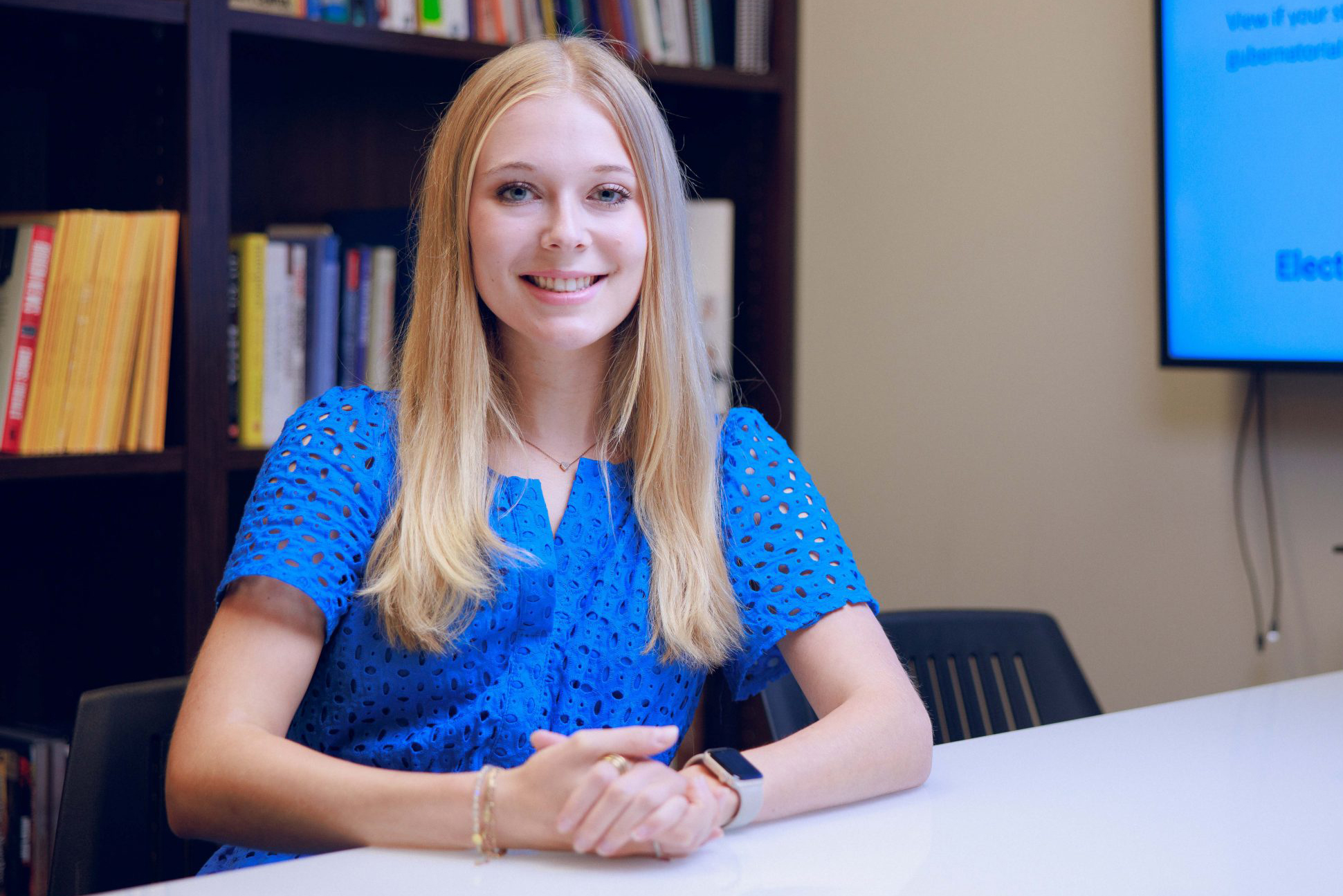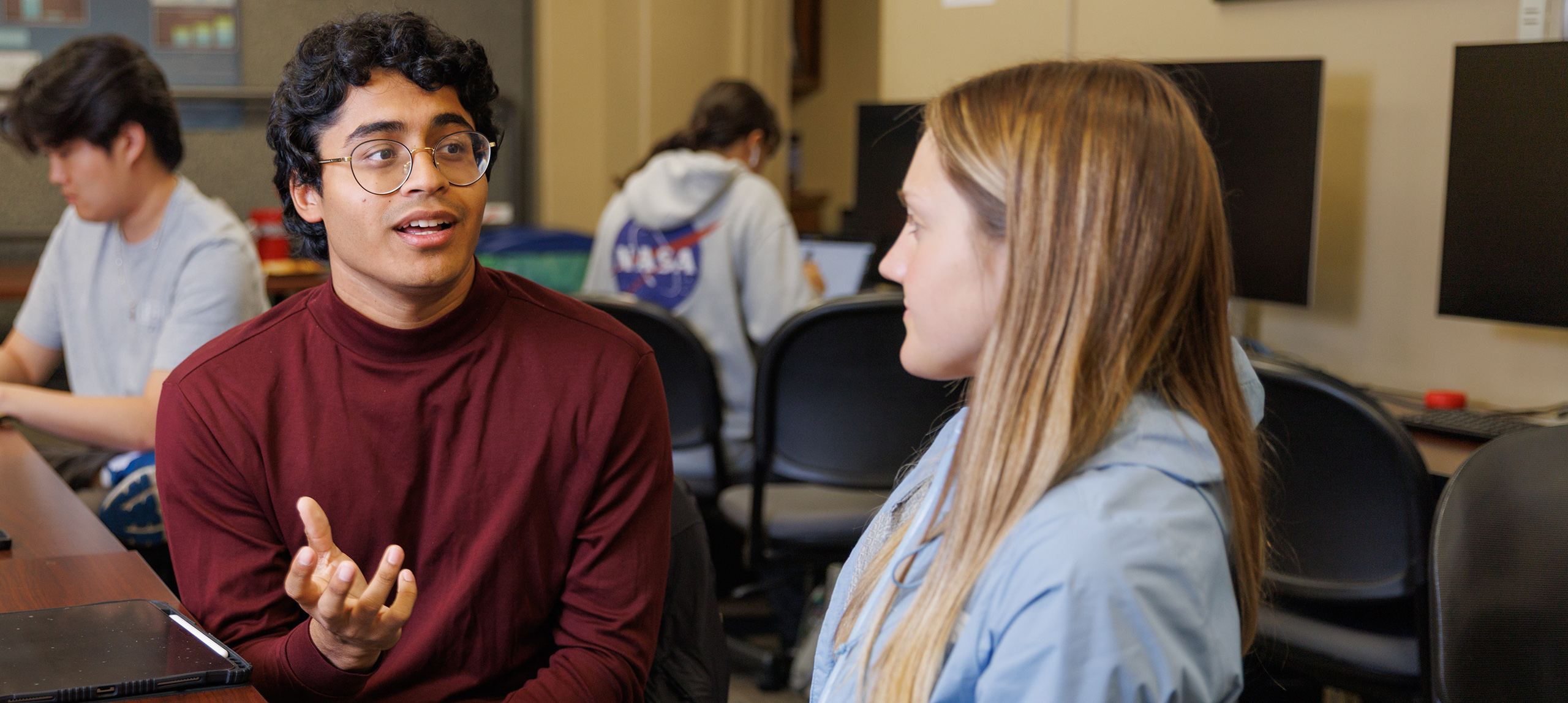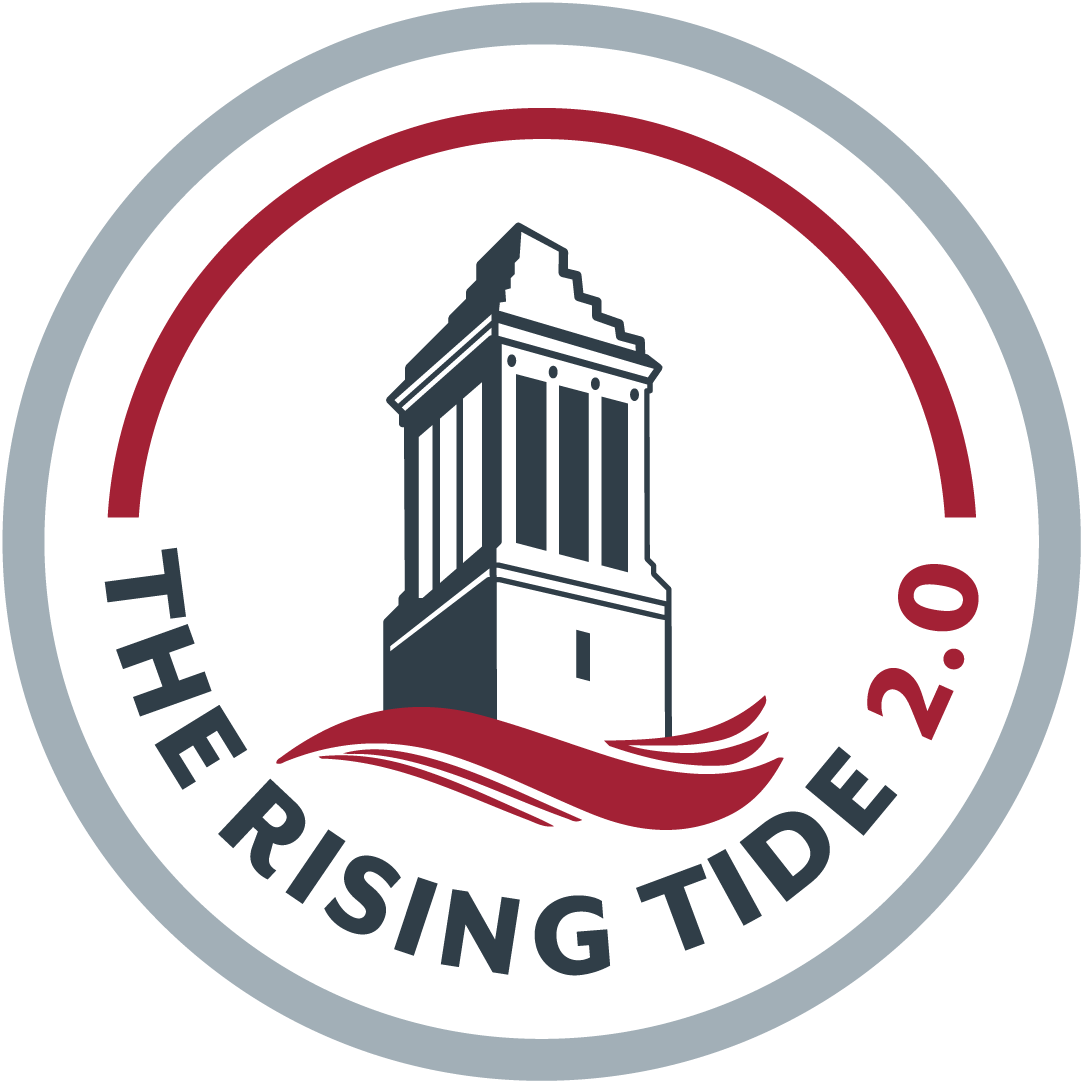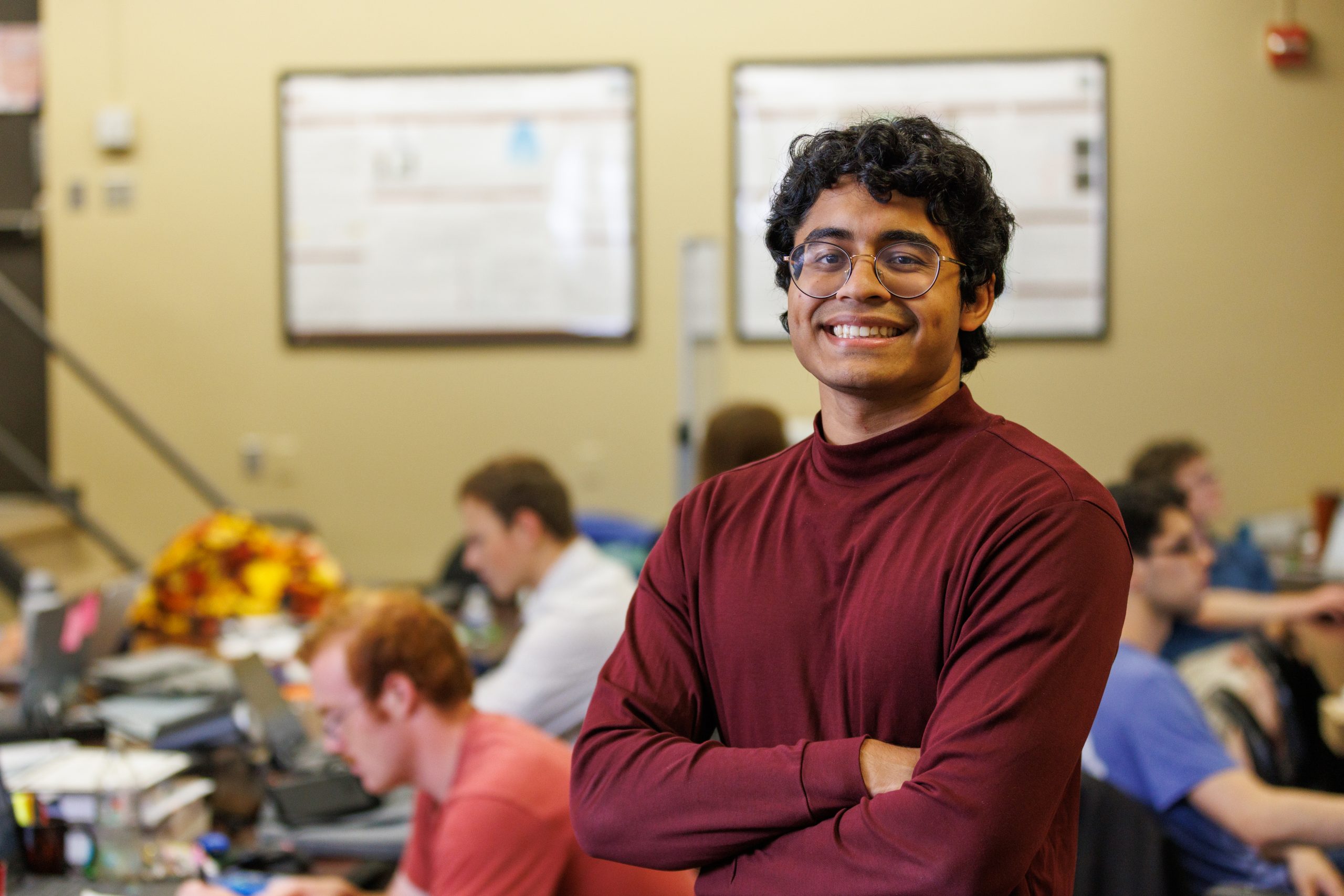Emily Adcock



Randall Scholar supported by undergraduate research network, funding
During Raeed Kabir’s junior year of high school, the COVID pandemic lockdowns and an upcoming project for a research methods class sparked a new academic interest that resonated with his familial background of a career in higher education research.
Kabir’s project needed to be computational and completed remotely, as he was attending boarding school four hours from home. He connected with his aunt, Dr. Reshmaan Hussam, an associate professor of business administration at Havard Business School, for guidance. He told his aunt he was interested in math and psychology and hoped they could collaborate.
“That quickly snowballed, and I started enjoying the social sciences, the quantitative aspects of modeling and data analysis and the empirics of social sciences,” he said. “And I realized this is something I liked much more than strictly wet lab research, so that passion has only grown every year.”
Recalibrated with a new academic direction, Kabir was eager to find a college community, especially a mentor, to help grow his research acumen and output. The University of Alabama was an easy choice, he said.
Kabir is currently a rising senior at UA, double majoring in mathematics and economics. He is a Randall Research Scholar and has been a research assistant on several academic papers at UA and other universities since enrolling.

Dr. Michael Price, professor of economics and Dwight Harrigan Endowed Faculty Fellow in Natural Resource Economics, is Kabir’s mentor and collaborator on campus. The pair, along with Dr. Tigran Melkonyan, professor of economics in Culverhouse College of Business, are in the drafting stage of “How Does Uncertainty about the Future Shape Charitable Giving?” The study’s key finding indicates that uncertainty has a large negative causal effect on the likelihood that a U.S. donor will give in any given month across a 14-year period.
Kabir has presented the findings of this paper at various events on UA’s campus, including the Capstone Scholars Day and the Undergraduate Research and Creative Activity Conference. He’s also traveled and presented research findings at the Advances with Field Experiments Conference at the University of Chicago, the Harvard Economics Pre-Doctoral Students Seminar and the Stanford Undergraduate Research Conference.
“Sophomore year, I presented at the University of Chicago at a conference as the only undergraduate student,” he said. “There were faculty members, PhD students and famous researchers who had tens of thousands of citations engaging with my talk and asking thoughtful questions.”
Kabir has been supported through a number of scholarships at UA, both merit-based and private, including the Thomas Waverly Palmer Mathematics Award and the Joseph Edward Braswell Endowed Scholarship in Mathematics. Additionally, funding from the Office of Undergraduate Research has helped facilitate travel to conferences.
“From my perspective, the travel grants are the kind of funding that have really impacted my life the most,” he said. “It makes it so that it’s free, or almost free, to go present across the country.”
Kabir said undergraduate research is incredibly accessible for students because faculty are always willing to talk with them and have a vested interest in their success. This is especially true for Price, who mentors six Randall Research Scholars and has helped Kabir think and investigate as an economist and academic.
“Dr. Price is methodical, especially in his cultivation process of me as a scholar,” he said. “He also lets me grow in my independence as a thinker and researcher.”
Kabir has published two papers about medicine and artificial intelligence in different journals. Additionally, he is working with Hussam as a co-investigator on a paper exploring the role of empathy in shaping public policy. He said he and Hussam’s first study, “COVID-19 and Depression: A Horse-Race Approach,” sparked his interest in quantitative social sciences.
“The first three years of my college journey have been me trying out different subfields of economics because I didn’t know what I wanted to specialize in,” he said. “My interests led me through the environment, behavioral and experimental fields, development economics and public, political and education economics.”
Kabir is enrolled in the accelerated master’s program for two graduate degrees – mathematics with a concentration in mathematical statistics and quantitative economics. He has also added a pre-med track to his degree plan.
“I’m really passionate about economics, but there’s a humanitarian side of me that feels a need to help people now,” he said. “That’s where the medical side came in – clinical care and helping people on a day-to-day basis.”
In addition to private scholarships at UA, Kabir has received the National Merit Finalist Scholarship, the National Merit Housing Scholarship and the Ernest F. Hollings Undergraduate Scholarship from the National Oceanic and Atmospheric Administration.
After Kabir finishes his degrees at UA, he plans to matriculate to an MD-PhD program in economics and become a physician economist.
Through The Rising Tide 2.0 Capital Campaign, UA will continue to add to the 1,100 new endowed scholarships and fellowships created during the campaign to support students like Kabir.
